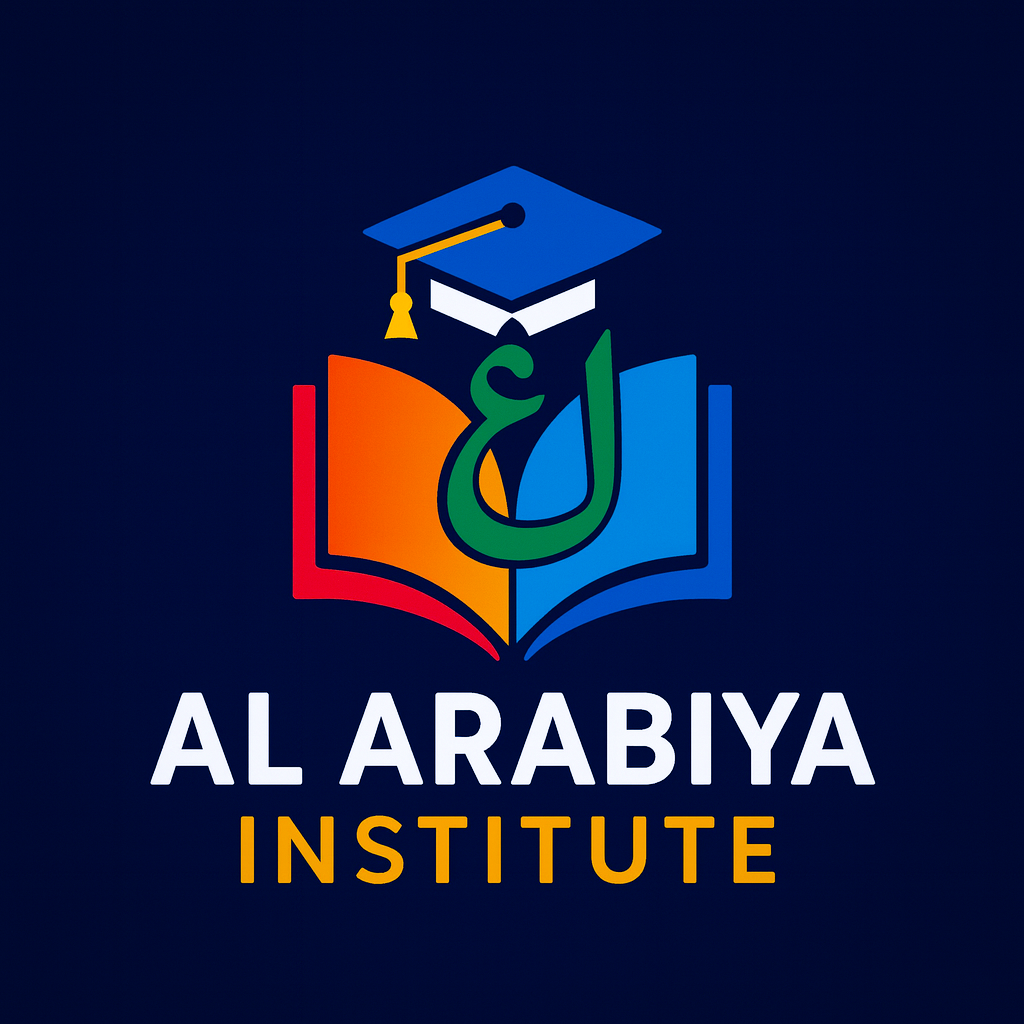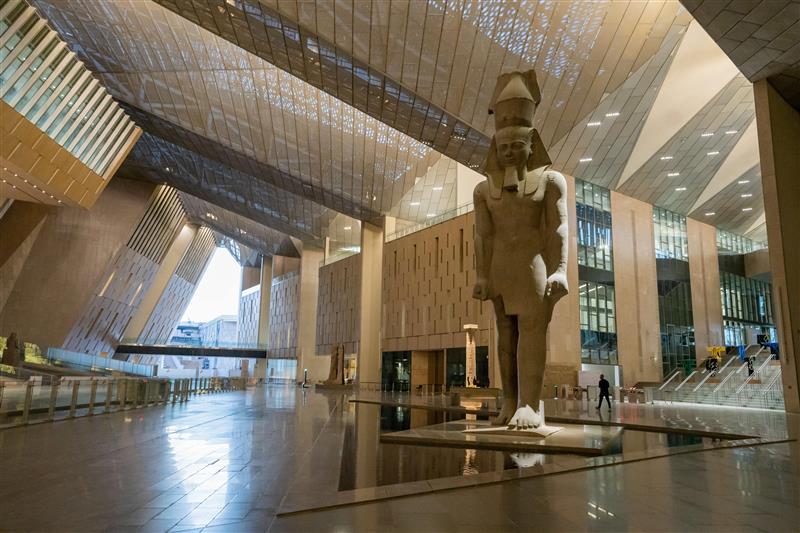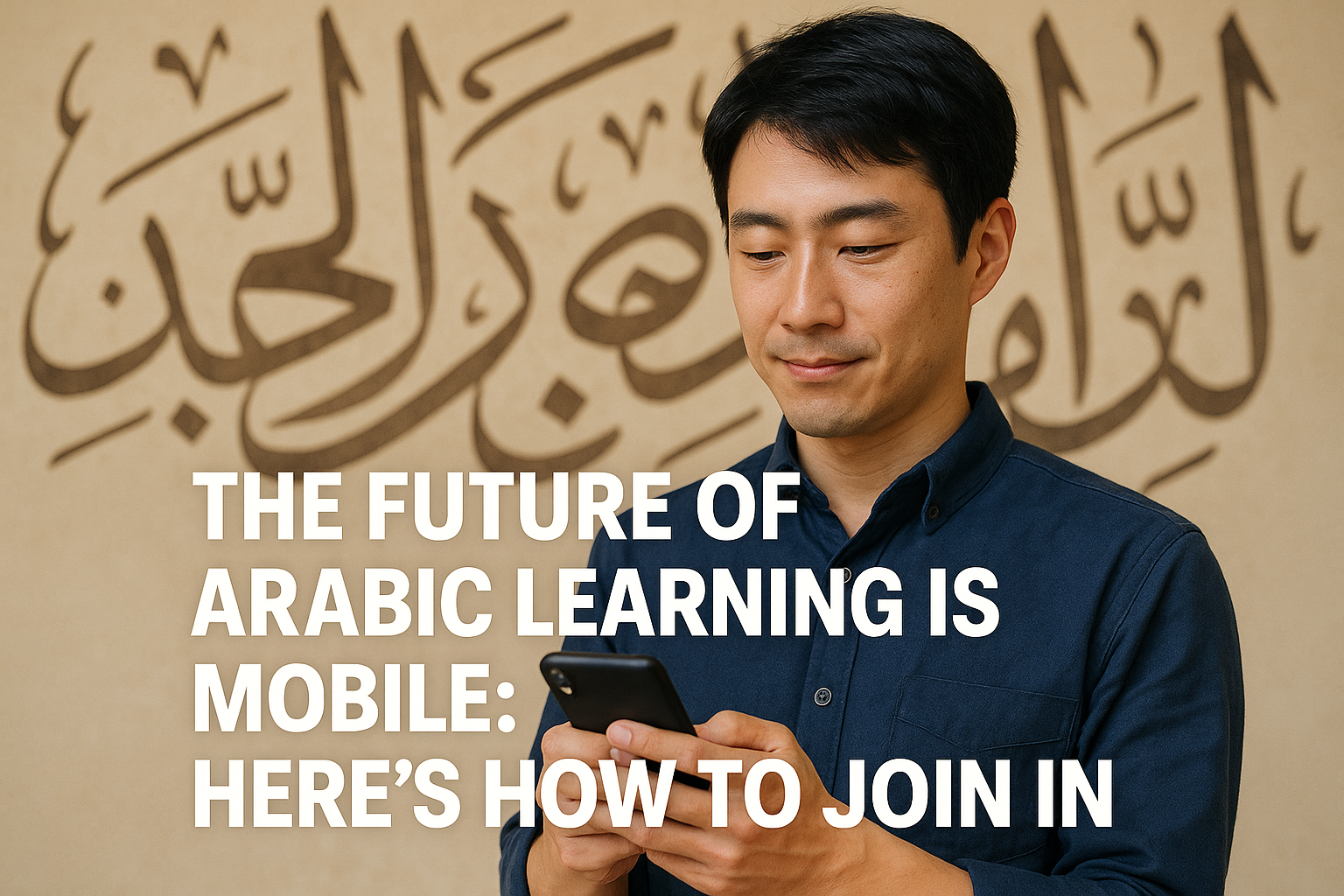Mastering Political and Diplomatic Arabic Language: A Gateway to Global Affairs and International Communication
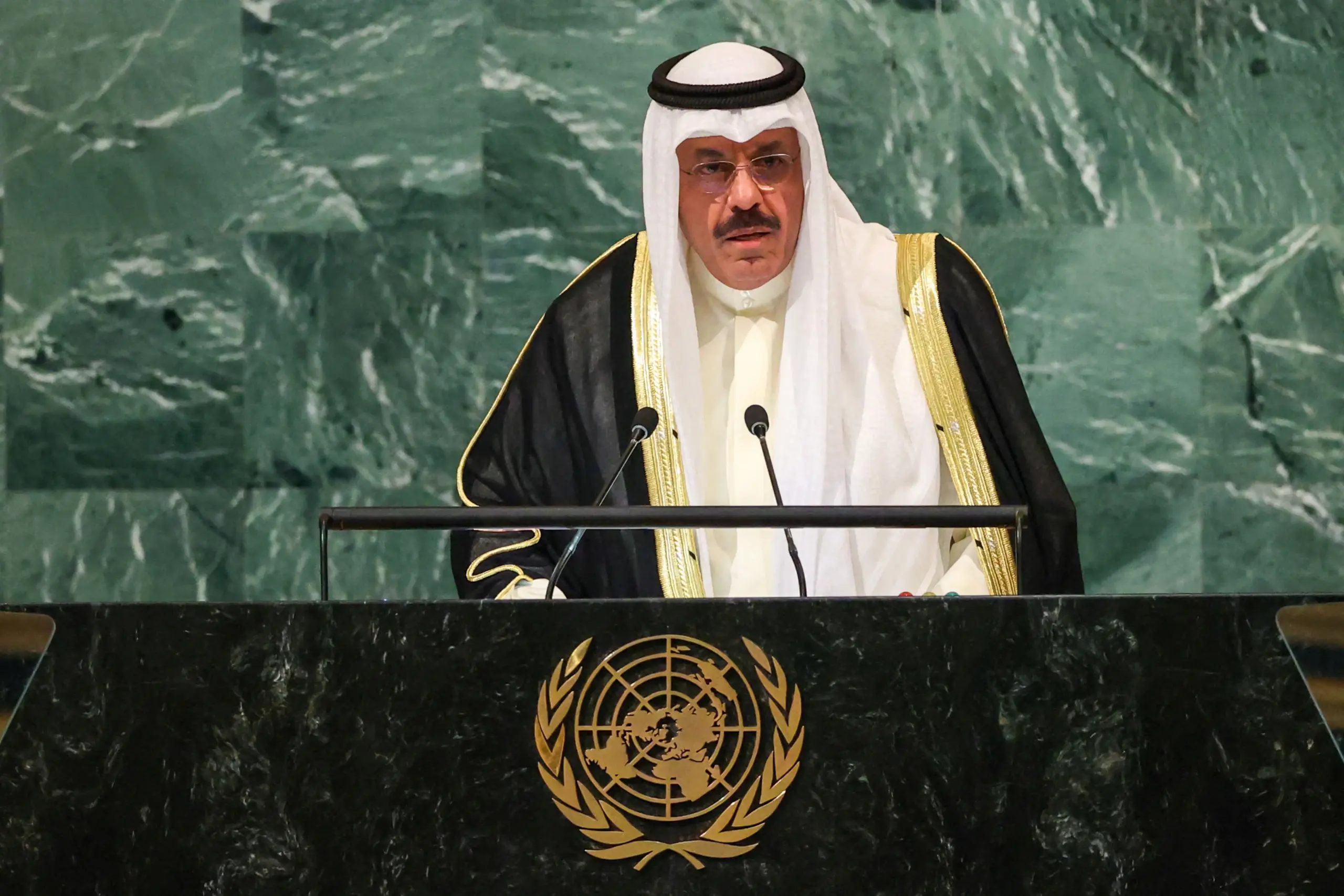
In today’s interconnected world, effective communication is vital to success in any professional field, particularly in political and diplomatic circles. As the Middle East continues to play a central role in global affairs, mastering the Political and Diplomatic Arabic Language is becoming an increasingly valuable skill for diplomats, journalists, businessmen, and government officials. Whether you’re dealing with international trade, humanitarian efforts, or political negotiations, fluency in Political and Diplomatic Arabic Language opens doors to meaningful cross-cultural dialogue, and strengthens global partnerships.
Why is Political and Diplomatic Arabic Language Important?
Arabic is one of the most widely spoken languages in the world, with over 420 million native speakers across 22 countries. Its significance in the political and diplomatic arena is profound. As the official language of the Arab League, the Political and Diplomatic Arabic Language is used extensively in diplomatic meetings, international treaties, peace negotiations, and political discourse across the Arab world. Understanding the nuances of this language can give professionals a strategic advantage when navigating international relations.
For those working in the Middle East, or with Arabic-speaking countries, proficiency in the Political and Diplomatic Arabic Language is often essential for:
-
Negotiations: Whether in business, diplomacy, or international treaties, knowing the Political and Diplomatic Arabic Language enables clearer, more effective communication, reducing the risk of misunderstandings or misinterpretations.
-
Media and Journalism: In the world of international journalism, particularly in the Middle East, reporting on political events, conflicts, or global diplomacy requires an understanding of the region’s specific linguistic and cultural context.
-
International Law: Many treaties, agreements, and international laws in the Arab world are conducted in Arabic. A solid grasp of the Political and Diplomatic Arabic Language allows legal professionals to accurately interpret these documents and understand their implications.
-
Cultural Sensitivity: Arabic is not just a language; it is also a key to understanding the culture and history of the Arab world. Mastering its political and diplomatic aspects fosters greater empathy and respect for cultural differences.
Key Features of Political and Diplomatic Arabic Language
The Political and Diplomatic Arabic Language differs significantly from everyday conversational Arabic in various ways. Here are some key features:
1. Formal Register
In diplomacy and politics, the use of formal Arabic is essential. This means using Standard Arabic (Fusha) instead of colloquial dialects. Fusha is used in formal speeches, documents, and agreements. It’s the language of diplomacy, international relations, and government communication. Understanding the structure, vocabulary, and tone of formal Arabic is critical when engaging in political discussions.
2. Complex Terminology
The Political and Diplomatic Arabic Language is rich in complex, highly specialized terminology. Whether it’s legal terms, economic jargon, or diplomatic phrases, mastering these expressions is essential for effective communication. For instance, words and phrases used in negotiations, treaties, or political speeches may have very specific meanings that differ from their everyday usage.
3. Cultural Nuances
In political and diplomatic discourse, understanding cultural nuances is just as important as mastering vocabulary. Arabic-speaking countries often emphasize indirect communication, where messages are often conveyed through suggestion or implication rather than direct statements. Being sensitive to these cultural subtleties can make the difference between a successful negotiation and a diplomatic failure.
4. Multilingualism
The Arab world is a region with a diverse linguistic landscape. While Arabic is the dominant language, French, English, and other languages are also widely spoken in many diplomatic settings. Being proficient in Political and Diplomatic Arabic Language allows professionals to navigate multilingual environments seamlessly, facilitating smoother communication in mixed-language meetings or conferences.
How to Master Political and Diplomatic Arabic Language
Mastering Political and Diplomatic Arabic Language is a gradual process that requires dedicated effort, consistent practice, and the right resources. Here are some tips to help you on your journey:
1. Enroll in Specialized Courses
Given the specialized nature of the Political and Diplomatic Arabic Language, taking a dedicated course can provide structured learning. Online courses, such as those offered by Al Arabiya Institute, focus specifically on political and diplomatic contexts. These courses are designed to help learners develop the skills necessary to understand and use Arabic in political discourse, negotiations, and international relations.
2. Practice with Native Speakers
One of the most effective ways to learn the Political and Diplomatic Arabic Language is by conversing with native speakers. Engaging in discussions about politics, global affairs, or current events will help you familiarize yourself with the language’s nuances and tone. It also provides an opportunity to practice formal Arabic, which is often different from colloquial Arabic.
3. Stay Updated on Global Affairs
To be effective in using the Political and Diplomatic Arabic Language, it is important to stay informed about political events, international relations, and current global issues, particularly those that involve Arabic-speaking countries. Read news outlets in Arabic, attend international conferences, and engage with professionals who use Arabic in political contexts.
4. Focus on Key Vocabulary
Learning the specialized vocabulary used in political and diplomatic settings is critical. Start with essential terms related to diplomacy, governance, negotiations, and international law. As you become more familiar with these terms, expand your vocabulary to include more specific political topics like conflict resolution, peace agreements, human rights, and international trade.
5. Immerse Yourself in Arabic Media
Listening to Arabic news channels, watching political debates, or reading Arabic newspapers can significantly improve your understanding of the Political and Diplomatic Arabic Language. This will help you become accustomed to the speech patterns, formal language structures, and specialized vocabulary used in political contexts.
The Role of Al Arabiya Institute in Learning Political and Diplomatic Arabic Language
For anyone serious about mastering Political and Diplomatic Arabic Language, Al Arabiya Institute is one of the best places to start. Offering online courses that focus on various aspects of the Arabic language, including its political and diplomatic applications, the institute provides expert instruction from highly qualified teachers.
With over a decade of experience, Al Arabiya Institute caters to students of all levels, from beginners to advanced learners, offering personalized learning paths to meet individual needs. The courses cover a wide range of topics, from media Arabic to diplomatic language, ensuring that students develop the necessary skills to succeed in their professional and diplomatic endeavors.
Additionally, Al Arabiya Institute offers free trial lessons for prospective students to experience the quality of instruction before committing to a full course. This gives learners a chance to assess the teaching style and course structure. The institute is also known for its competitive pricing, making high-quality Arabic language education accessible to all.
Conclusion
Mastering the Political and Diplomatic Arabic Language is a crucial skill for anyone involved in global affairs, whether they are diplomats, journalists, businesspeople, or international law experts. By gaining proficiency in formal Arabic and learning the specific terminology and cultural nuances required in political and diplomatic communication, professionals can improve their effectiveness in international negotiations, media relations, and global diplomacy.
With the right resources, such as Al Arabiya Institute, anyone can embark on the journey to mastering this specialized form of Arabic. Offering high-quality online Arabic courses with the best prices and free trial lessons, Al Arabiya Institute provides an ideal platform for learning the language that bridges cultures and shapes the future of global communication.
Start your journey to mastering the Political and Diplomatic Arabic Language today with Al Arabiya Institute! Visit https://learning-arabic.com for more information on our courses and free trial lessons.
👉 Visit Al Arabiya Institute and book your free trial lesson now!
